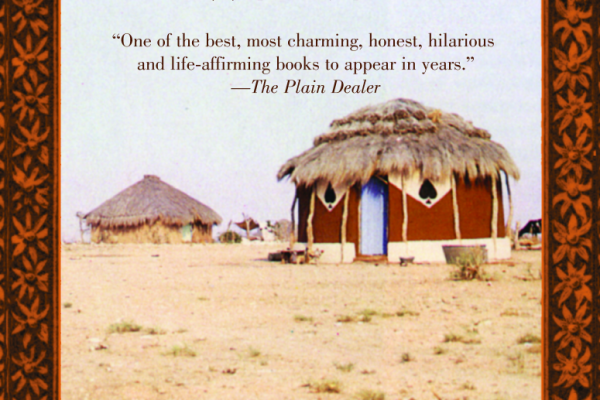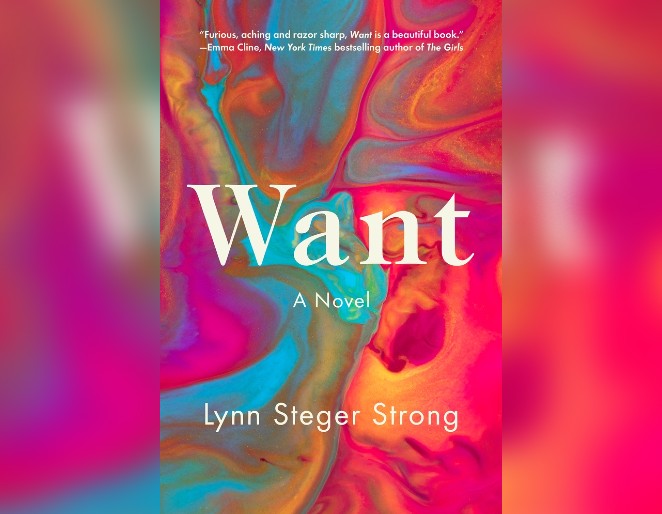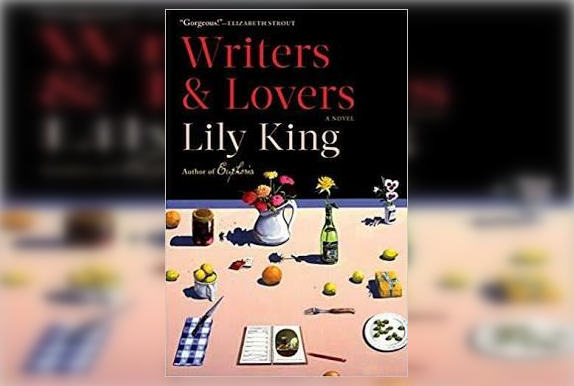
Precious Ramotswe looks mildly concerned
In a recent interview Scottish author Alexander McCall Smith suggested, “There is this assumption that literature has to be very gloomy and grim and miserable.” He went on to explain, “Fiction is able to encompass books that are bleak and which dwell on the manifold and terrible problems of our times. But I don’t think that all books need to have that particular focus. If you look at music, do we expect all composers to write dirges?”
Many books about Africa tend to be pretty dark; think Coetzee’s Disgrace, Kingsolver’s The Poisonwood Bible, Foden’s The Last King of Scotland, Theroux’s Dark Star Safari. In contrast McCall Smith’s characters are sunny, cheerful, and just well really nice. Precious Ramotswe, the African Miss Marple, is rarely troubled by moral or existential woes. John Crace’s digested read of “Blue Shoes and Happiness” captures the gist pretty well:
“At [Mma Ramotswe’s] age there were some things you just knew. There were the difficult problems, such as why a wheel was round, and the trivial, such as where her husband, Mr. JLB Matekoni, had left his toothbrush. And it was in these very trivial problems that the only begetter of the No 1 Ladies’ Detective Agency specialized. “Men are weak,” Mma Ramotswe mused. Her assistant, Mma Makutsi, sensed another profound insight was imminent. “Mr. JLB Matekoni’s weakness is cake.”
Ruaridh Nicoll, writing in the Observer, suggests, “The books can come across as portraits shielding reality.” ) It’s true that the problems explored in Mma Ramotswe’s Botswana Detective Agency do not include AIDS, poverty, inequality and widespread unemployment. Instead Mma Ramotswe concentrates on bovine disappearances, witchcraft, and her relationship with her former husband, Note Mokoti.
Yet the success of the No.1 Ladies’ Detective Agency series suggests we are happy to leave reality tucked away. Anthony Minghella has picked up the film rights and the books sat comfortably on the New York Times bestseller list for months. The series has been translated into 44 languages.
What then explains our voracious appetite for the No.1 Ladies’ Detective Agency? According to Ruaridh Nicoll, “McCall Smith believes that Americans have taken to his books in such numbers because, faced with the prospect of ‘long-term conflict and harsh antipathy’, they are searching for ‘a lost Eden’ of innocence and moral certainties.” Deep down, McCall Smith suggests Americans have a dirty secret: a longing for solid ethical values. “With Mma Ramotswe they discover there is another society that makes them believe they can glimpse virtue again.” For McCall Smith, “writing is a moral act,” and that ‘those who portray an aggressive, vulgar, debased attitude towards life are conniving in that life’.
Maybe we all yearn to be immersed in a culture filled with McCall Smith’s “warm, courteous, nice people.” However one wonders if McCall Smith is fulfilling his responsibilities as a writer by erasing darkness out of his literary Botswana, or instead is engaging in his own act of manipulation. As Ruaridh Nicoll suggests, “Put Mma Ramotswe up against the real-life Paul Kagame who rises as a force of sanity from Gourevitch’s book on the Rwandan genocide – talking of debased attitudes towards life – and her common sense can float like a mirage.”
Ella Delany contributes to the New Yorker.com, the New York Times and the International Herald Tribune amongst other publications.




